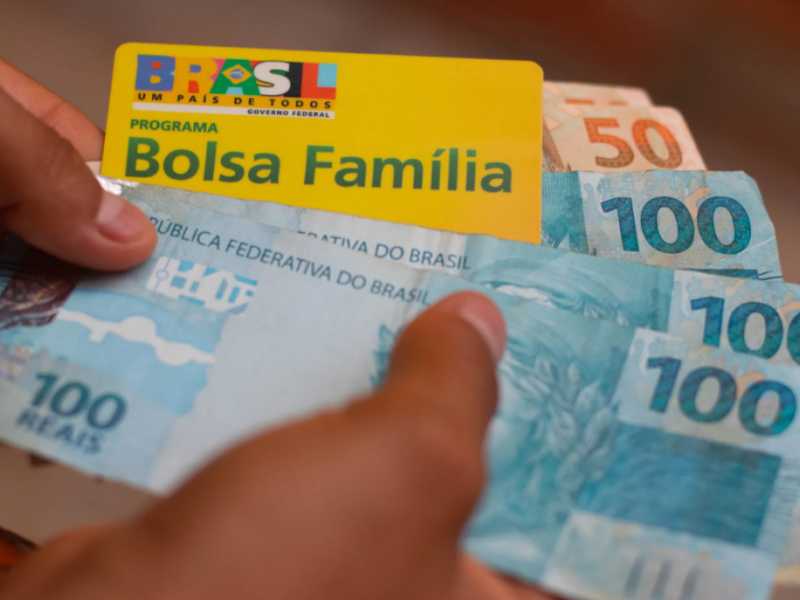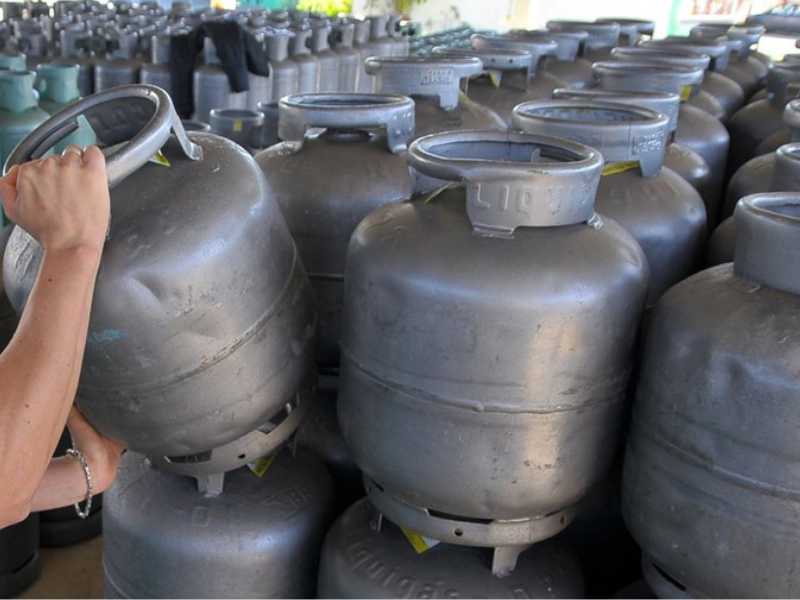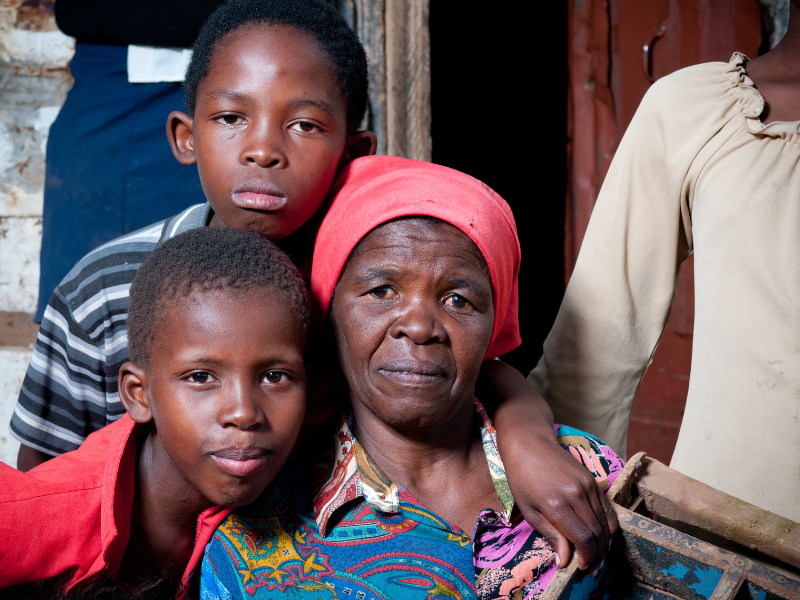Advertisements
The Auxílio Brasil, a government social assistance program, recently came into the spotlight due to an unexpected development: a R$15,000 compensation payment to its beneficiaries. This measure came about after a leak of beneficiaries' personal data, which generated great concern and debate. In December 2023, many Brazilians are eagerly awaiting this financial compensation, but doubts still linger about the payment and its details.
The data leak incident, which affected numerous Auxílio Brasil beneficiaries, led to a lawsuit filed by Instituto Sigilo. The resulting decision obliged Caixa Econômica Federal to compensate each affected citizen with R$15,000. This episode not only highlighted the vulnerability of personal data, but also raised questions about security and privacy in the handling of sensitive information.
See More: CLT can earn benefit of R$3,900. Understand
Advertisements
Auxílio Brasil data leak and the right to compensation
The leak of personal data of beneficiaries The Auxílio Brasil case caused a wave of concern and uncertainty. The undue exposure of personal information resulted in irregular credit offers by financial institutions, increasing the stress and anxiety of those affected. In addition to violating privacy, the incident highlighted the importance of data protection and the responsibility of government and private entities in managing this information.
How to Check Your Entitlement to Compensation
For Auxílio Brasil beneficiaries who wish to check whether they are eligible for compensation, it is necessary to carry out an online consultation. By accessing the Instituto Sigilo website, citizens can obtain information about their right to financial compensation. However, with Caixa Econômica Federal appealing the court decision, the payment of compensation may be delayed or revised. Therefore, it is essential that affected beneficiaries stay informed about the developments in the case.
Advertisements
The Auxílio Brasil compensation is more than a financial issue; it symbolizes the ongoing fight for the protection of personal data in Brazil. This episode reinforces the need for constant vigilance and rigorous security and privacy practices by entities that handle sensitive data.
























